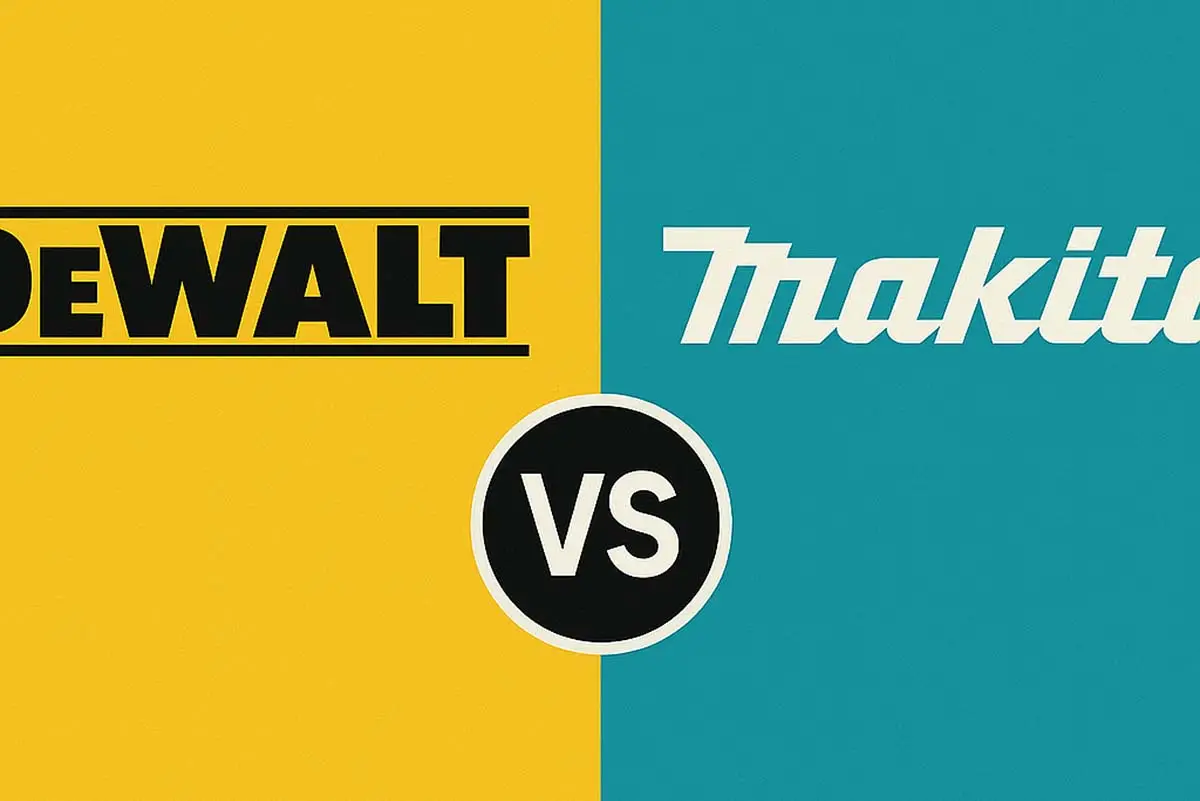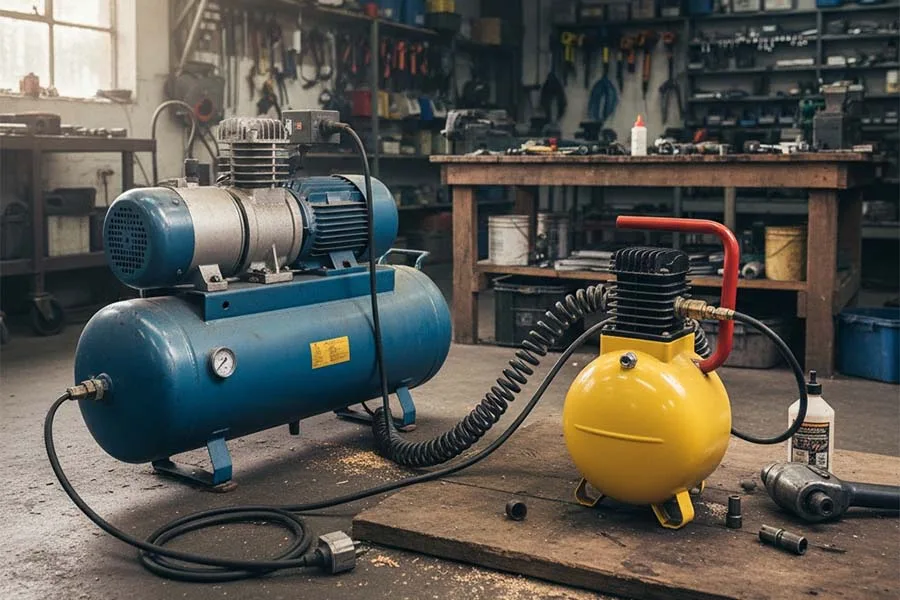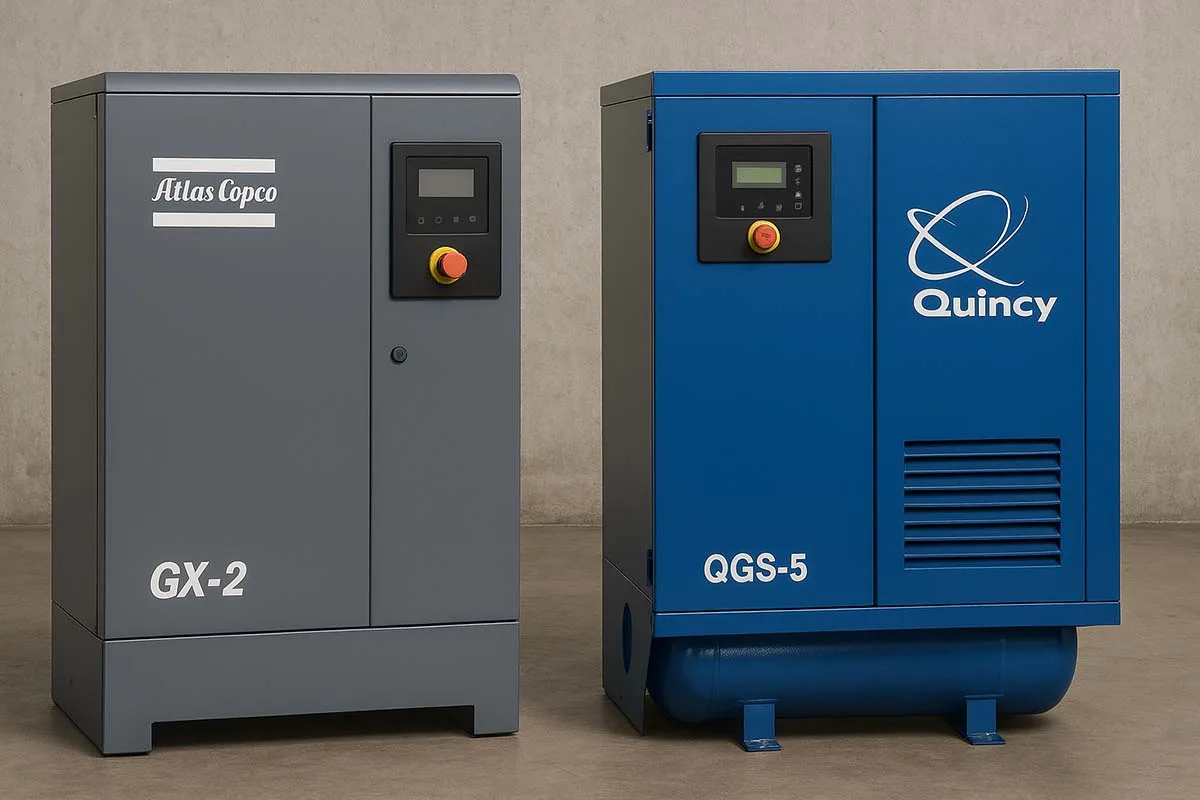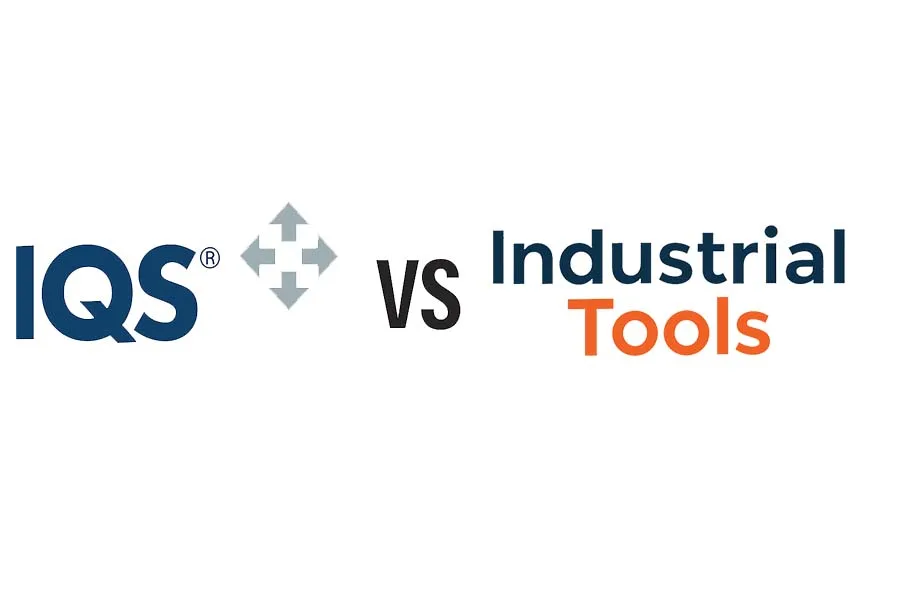The Clash of Power Tool Titans
If you’re shopping for power tools, chances are you’ve found yourself stuck between DeWalt and Makita. These two giants dominate the professional and DIY markets, each with a loyal following. But which one truly delivers the best value for your money?
Let’s break down the key differences so you can make the right choice for your toolbox.
Company Background
- DeWalt: Founded in 1924 in the USA, now part of Stanley Black & Decker. Known for rugged, jobsite-ready tools with a bold yellow-and-black design.
- Makita: Established in 1915 in Japan, one of the oldest power tool companies. Famous for engineering precision and extensive cordless innovation.
Both brands boast over a century of expertise, but their philosophies differ: DeWalt focuses on toughness, while Makita emphasizes innovation and ergonomics.
Product Range
- DeWalt: Over 200 power tools + 800 accessories. Strong in heavy-duty construction tools like rotary hammers, impact drivers, and jobsite gear.
- Makita: Over 275 cordless tools (in the LXT platform alone). Leading in lightweight drills, brushless technology, and specialized solutions.
Verdict: DeWalt wins for jobsite toughness; Makita excels in variety and ergonomics.
Battery Platforms
- DeWalt:
- XR: Long-lasting lithium-ion batteries for most tools.
- FLEXVOLT®: Industry-leading 20V/60V system that automatically switches voltage for bigger tools.
- Makita:
- LXT: 18V platform with over 275 tools compatible.
- XGT: New 40V system designed for high-power tools without corded backups.
Verdict: If you want maximum runtime and raw power, DeWalt FLEXVOLT is unmatched. If you prefer a bigger selection of compatible cordless tools, Makita LXT takes the crown.
Durability & Build Quality
- DeWalt: Heavy-duty and built for construction sites. Tools tend to be heavier but withstand rough use.
- Makita: Known for lightweight and ergonomic designs. Ideal for long shifts, though sometimes less rugged under extreme abuse.
Verdict: DeWalt for hardcore job sites, Makita for comfort and precision.
Price Comparison
- DeWalt: Slightly more expensive, especially with FLEXVOLT tools and batteries.
- Makita: Competitive pricing and often better value for cordless kits.
Verdict: Makita is often budget-friendlier, though DeWalt justifies its premium with durability.
Global Presence & Service
- DeWalt: Strong in North America and Europe, with a robust service and warranty network.
- Makita: Particularly strong in Asia-Pacific, with equally reliable global service coverage.
Both offer excellent after-sales support, making this one a tie.
Pros & Cons Side by Side
| DeWalt | Makita | |
|---|---|---|
| Strengths | Rugged jobsite tools, FLEXVOLT batteries, wide dealer network | Huge cordless range, ergonomic & lightweight, advanced brushless tech |
| Weaknesses | Heavier tools, higher prices | Less rugged for extreme job sites, fewer ultra-heavy-duty models |
Lesser-Known Facts
- DeWalt: Their tools were widely used during WWII by the U.S. military.
- Makita: They introduced the first rechargeable power tool in 1969—decades before many rivals.
Final Verdict
- Choose DeWalt if you need tough, heavy-duty tools that can handle harsh job sites and value raw power.
- Choose Makita if you want ergonomic, lightweight tools with a huge cordless lineup at competitive prices.
Both are excellent choices—your decision depends on whether you prioritize ruggedness (DeWalt) or ergonomics and variety (Makita).
Join the Discussion
Which side are you on: Team DeWalt or Team Makita? Share your experiences below, and don’t forget to share this comparison with others who are choosing between these two giants.





